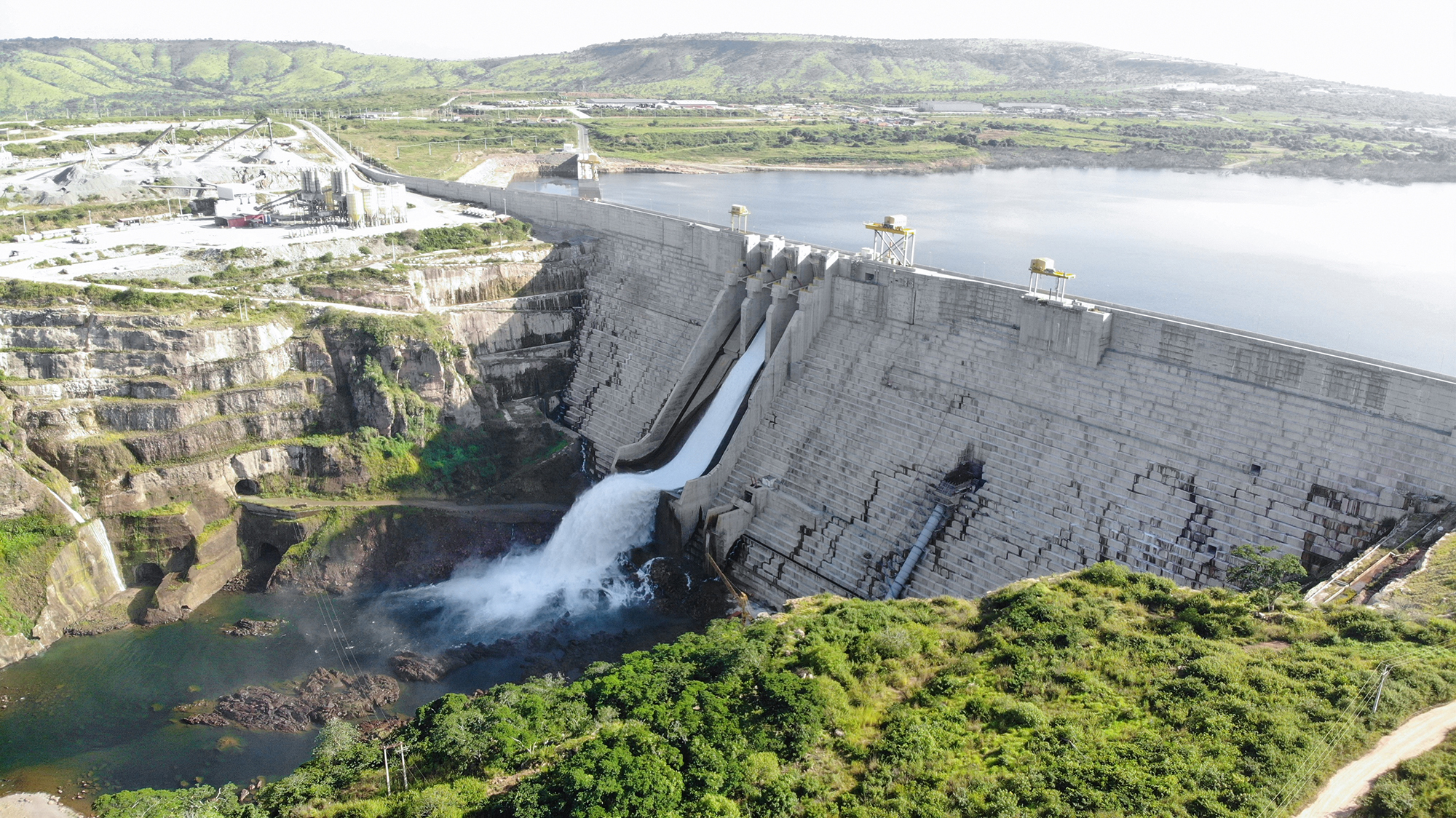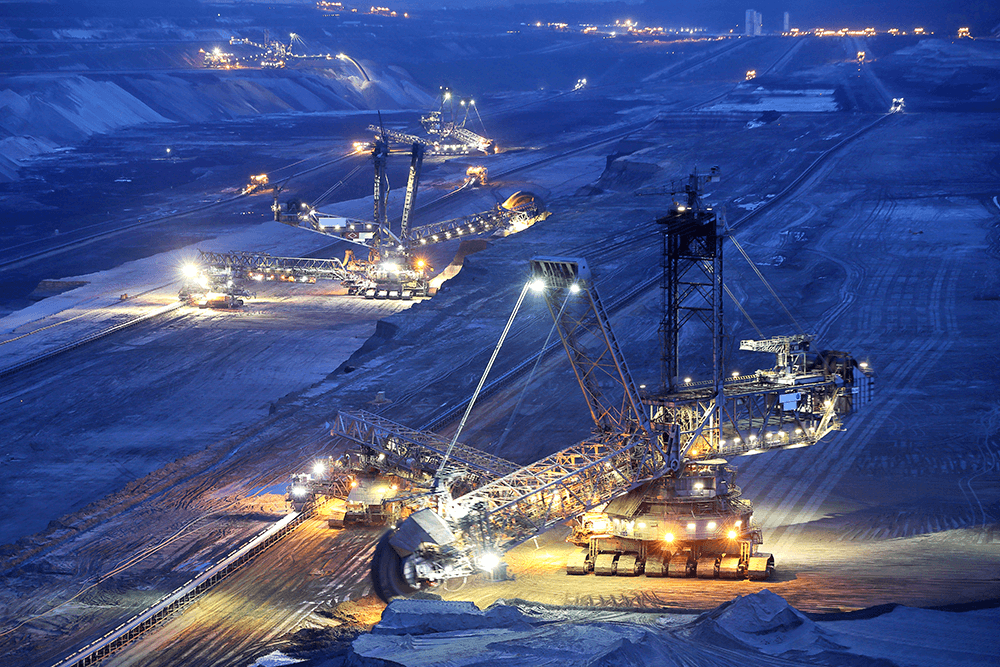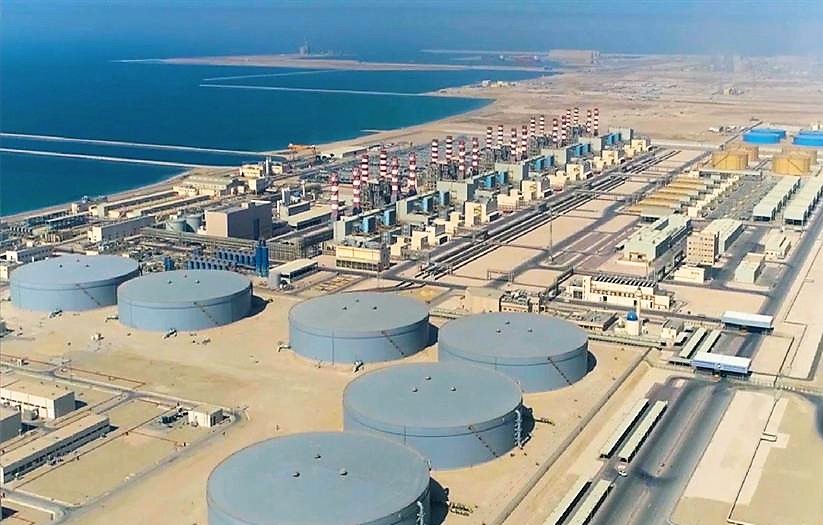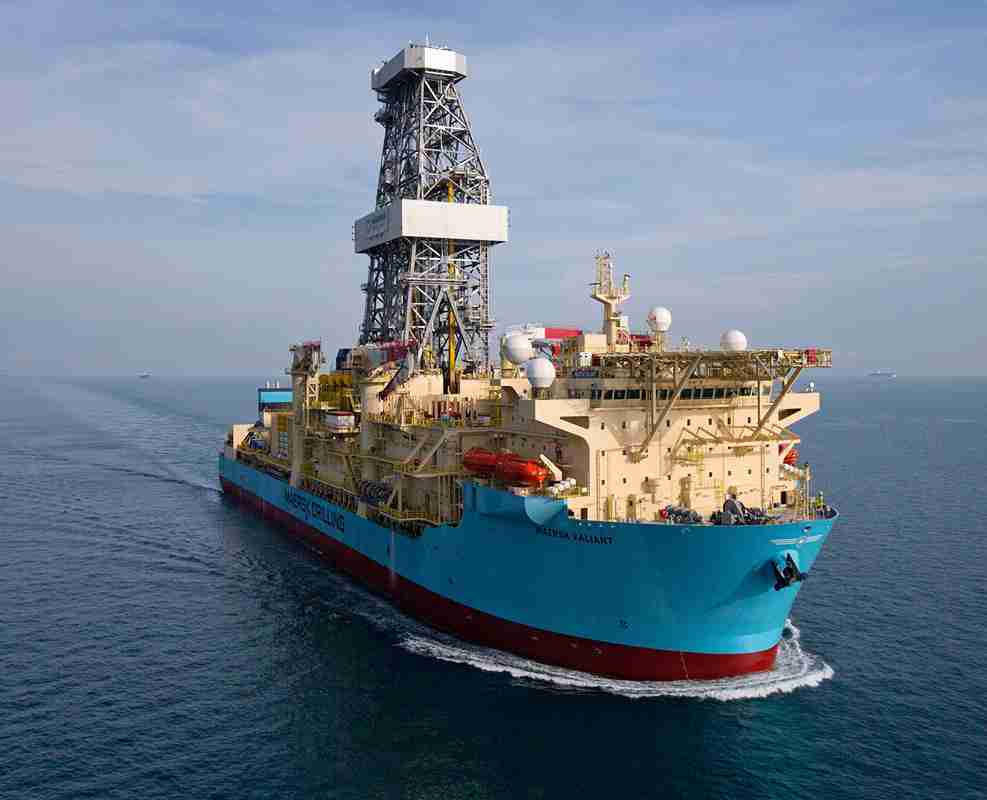Having previously worked as a professional exploration geologist in Eastern Europe, Australia, and Central and Southern Africa for a number of leading mining and exploration companies, including Tesla, KGHM, Rio Tinto and Caledonia, it was in 1999 that Julian D. Green founded GeoQuest.
A Chartered Geologist, Mr Green is qualified under the Australasian Code for the reporting of exploration results, mineral resources and ore reserves (JORC Code), and under the Canadian National Instrument 43-101, SAMREC and PERC codes to be a ‘competent or qualified person’ capable of preparing public reports on exploration results. Prior to his founding of GeoQuest, Mr Green held the role of Exploration Manager for Caledonia Mining Zambia Limited and was responsible for not only its day to day operations, but also for the supervision and liaison of joint venture projects with the likes of Cyprus Amax Zambia Corporation and BHP/Motapa Diamonds Inc., Dunrobin Mining Limited in Zambia and Gecamines – SODIMICO within the Democratic Republic of Congo (DRC).
“When Julian established GeoQuest in 1999 in Zambia, it was to provide a dedicated service to the mining industry based in Zambia initially, where at that time there were no other service providers active in the country which offered a package including exploration and logistics services,” Managing Director of GeoQuest SARL Tobias Posel explains.
Made up of a dedicated core team of Zambian and DRC based professionals, GeoQuest has grown in the last 14 years into a fully independent consultancy and contracting group with offices in Zambia, DRC and Zimbabwe. In that time the company has worked throughout Central and Southern Africa in countries including Botswana, Gabon, Congo/Brazzaville, Malawi, Mozambique, Namibia, Tanzania and Uganda.
During its early years based out of its Lusaka office the company conducted localised projects in the fields of mineral exploration and groundwater management. It was then in 2004 that GeoQuest embarked on its expansion into the DRC, establishing offices in Kolwezi and Lubumbashi, from which it began taking on work on projects both there and in neighbouring countries. In the meantime the company continued to develop and increase the capabilities available at its Lusaka office with the addition of its Geographic Information Systems (GIS) department in 2006 and its Environmental Services division in 2008.
Regardless of the country in which its activities are taking place GeoQuest remains committed to providing high quality and cost effective technical and logistical solutions for clients in the mining and mineral exploration, environmental and hydrogeological sectors. It achieves this through the deployment of select, hands on, multi-disciplined teams or individuals, including geoscientists and technicians tailored to meet the particular requirements and needs of each client.
“Today we have ten geologists based in Zambia, a further four in the DRC and around 50 additional permanent staff across the business,” Mr Posel continues. “This latter figure increases dramatically during the dry season to sometimes well over 200 people. We operate two offices out of Lusaka and Lubumbashi, boast a combined fleet of 20 off-road vehicles and possess camping gear, GIS equipment, a large data library, four XRF analysers and other equipment. Furthermore, we are using the latest IT systems in the field of communications and data management, using GIS software and the aforementioned XRF tools to gather and process data in the field, as well as utilising the newest geophysical and remote sensing methods.”
Zambia as a country remains a hugely important market for GeoQuest, while the DRC, particularly the Katanga and Kasai Provinces are of particular significance as the company continues to enhance its core offering and also build up its environmental and logistics services in the country.
“To this day we remain the only provider of exploration services to be based within the Katanga Province in the DRC,” Mr Posel states. “Our current aim is to be working for between three and five different large clients in the country this year, with our principal activity being the carrying out of practical technical services in the field, services such as geochemical soil sampling, sample preparation and analysing, camp building and management, geological mapping and the management of drilling programmes.”
As far as the company’s plans for the rest of 2014 are concerned, GeoQuest aims to also become ever more active in Gabon and in Brazzaville, the capital of the Congo. Mr Posel’s final thoughts however refer back to the DRC and his advice for those potential clients looking to establish operations in the country.
“I would strongly advise any new investor planning to operate in the DRC, particularly its mining sector, to always seek the guidance of an experienced and well reputed, locally based company. In approaching such companies one will always be better poised to avoid the difficulties and pitfalls which can arise when setting up here, giving one more time to concentrate on how to capitalise on the opportunities that exist.”
Written by Will Daynes, research by Candice Nice



 GeoQuest-Africa-Mining-Apr14-Bro-s.pdf
GeoQuest-Africa-Mining-Apr14-Bro-s.pdf









